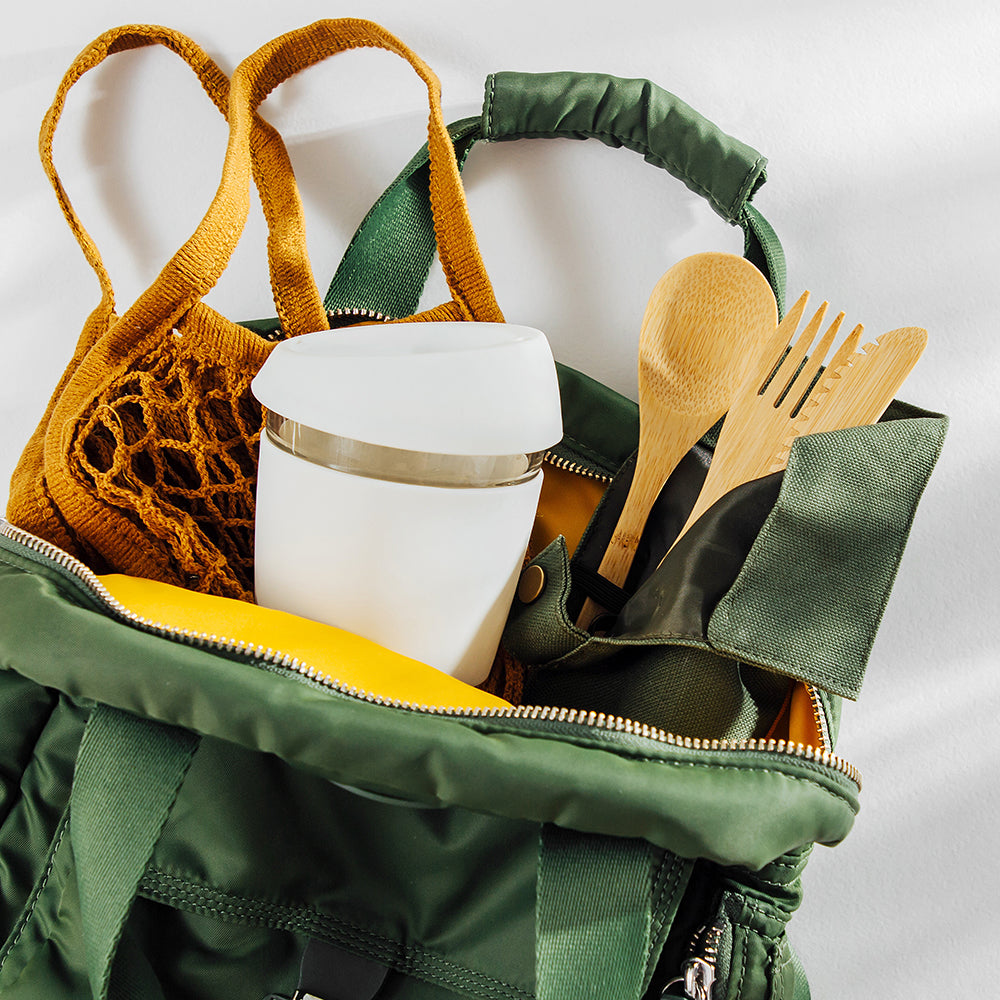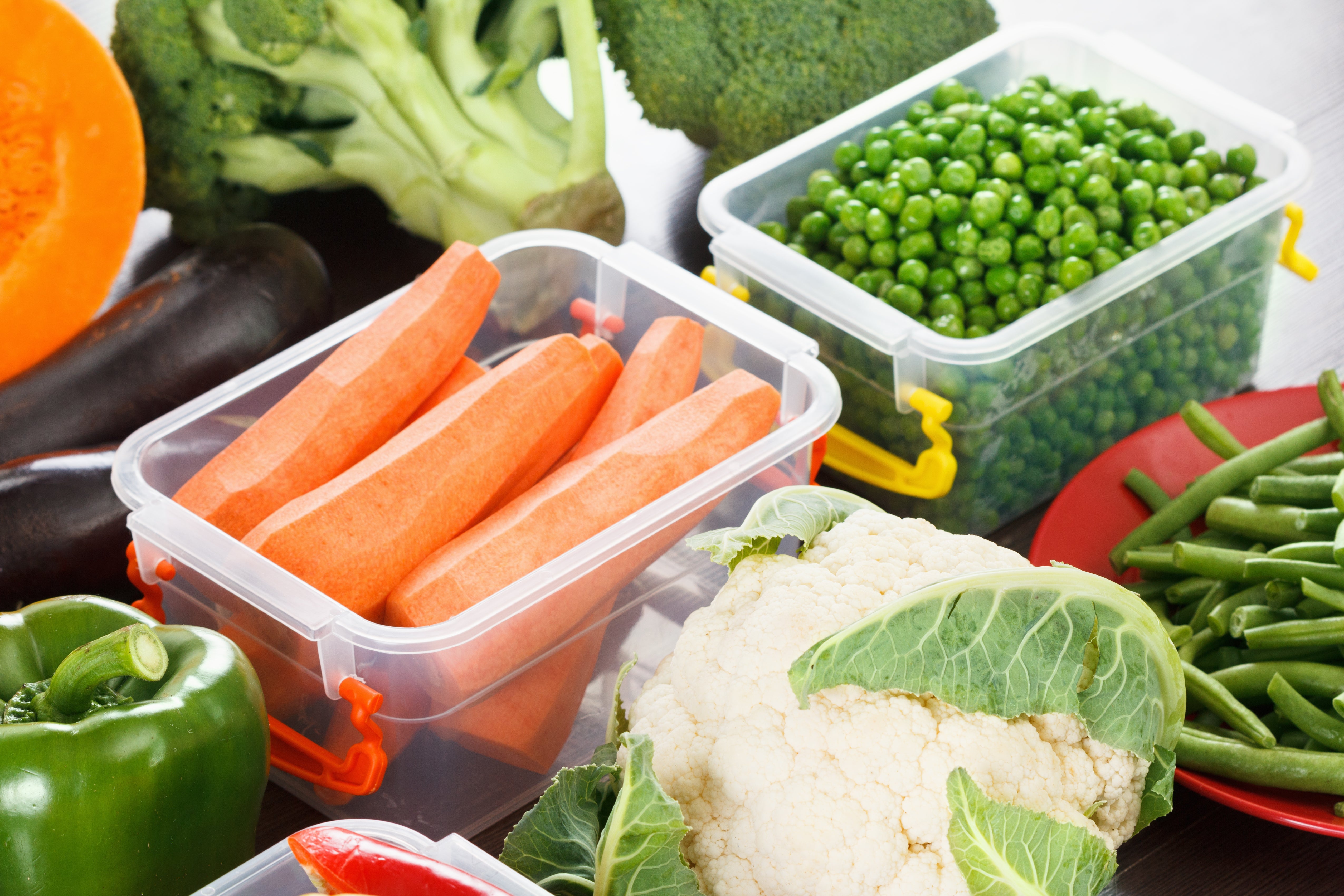
Being a conscious consumer is about so much more than just avoiding plastic – really, what we should be cheering on is an overall reduction in waste – after all, Kiwis discard 15.5 million tonnes of waste every year!
The reason plastic gets such a bad name is that we produce – and throw away – so much of it! The world produces 300 million tonnes of plastic every year and 50% of that will only be used once. So eliminating single-use plastic – bags, food wrap, take away cups and straws are easy wins. But choosing products that you won’t have put into landfill – plastic or otherwise – is even better.
Opt for a more (or completely!) plant-based diet
One of the most wonderful things about vegetables is that the ‘packaging’ they come in is robust enough to not need extra, wasteful plastic to protect or house it on its journey between the field and your plate. As an added bonus, anything that isn’t consumed (such as capsicum innards or stone fruit pits) can be composted and given back to nourish the earth it came from – no nasties, no need for landfill!
Start composting
You know what they say about composting behind its back? That it stinks, it attracts mice and creepy-crawlies and it’s all just a bit gross. Any compost lover will tell you it’s just not true! Healthy compost smells like soil, and those mice will be there no matter what you do.
You know what really is gross? A country overrun with landfills that emit methane – a greenhouse gas that’s 84 times more potent than carbon dioxide.
As much as 50% of our waste stream to landfill could be food waste, which could be going back into the soil. A compost heap is simply encouraging a natural process (food rot) so it happens a little quicker. Microbes break down food scraps into their components, like oxygen and nitrogen. The outcome? A nutrient-rich soil conditioner. Bonus points? Waste-reducing!
Check out our Beginner’s Guide to Composting to get started on your very own compost heap.
Resist the gift!
Christmas alone produces 2 billion tons of waste, and that’s before you think about Easter, birthdays, anniversaries, mother and father’s days... step up your eco-gifting game and put the planet first when it comes to presents. Think of what you gift – opt for an experience or something handmade instead of a novelty gift that will sit on a shelf and never be used. Also think of how you’re gifting it – could you send an e-gift card to a relative overseas instead of using carbon-expensive air freighting for presents? The same works in the opposite – let it be known that if someone is going to give you a gift that you’d prefer a sustainable gift like a native tree – either to plant yourself, or if you're not that green fingered, organisations like Trees That Count can plant one for you!
Go digital!
The average Kiwi letterbox is jammed with 30kg worth of circulars – that’s about 300,000 trees worth of paper! Take a couple of minutes to pop online and opt for an online copy of your bank statements, emailed bills/invoices and contact businesses to cancel catalogue mail outs. A lot of the big-name businesses these days have their catalogues available online.
With all of the easy changes above, there are so many ways to reduce your waste and every small change has a huge impact! Even simple changes like switching to loose tea over tea bags, and buying food in jars rather than plastic - it all adds up. The key is to look at your habits and purchasing decisions, and look for ways to make small, simple changes, one step at a time.
Sources:
Why Recycle? (n.d.). Retrieved December 17, 2020, from Recycle.co.nz
Facts About Plastic - Plastic Oceans Foundation. Retrieved December 17, 2020, from Plastic Oceans

 Impact
Impact Blog
Blog Store Locator
Store Locator


